What is Clitoral Needling?
Clitoral Needle (Japanese:クリトリス針), often referred to in the context of sexual wellness and aesthetic procedures, is a relatively new method that targets the clitoris to enhance sexual pleasure and improve intimate experiences. This practice has gained traction among women seeking to address issues such as decreased sensitivity, difficulty reaching climax, or simply enhancing sexual enjoyment. While it may sound unconventional to some, this method integrates elements of both traditional sexual health practices and modern aesthetic techniques.
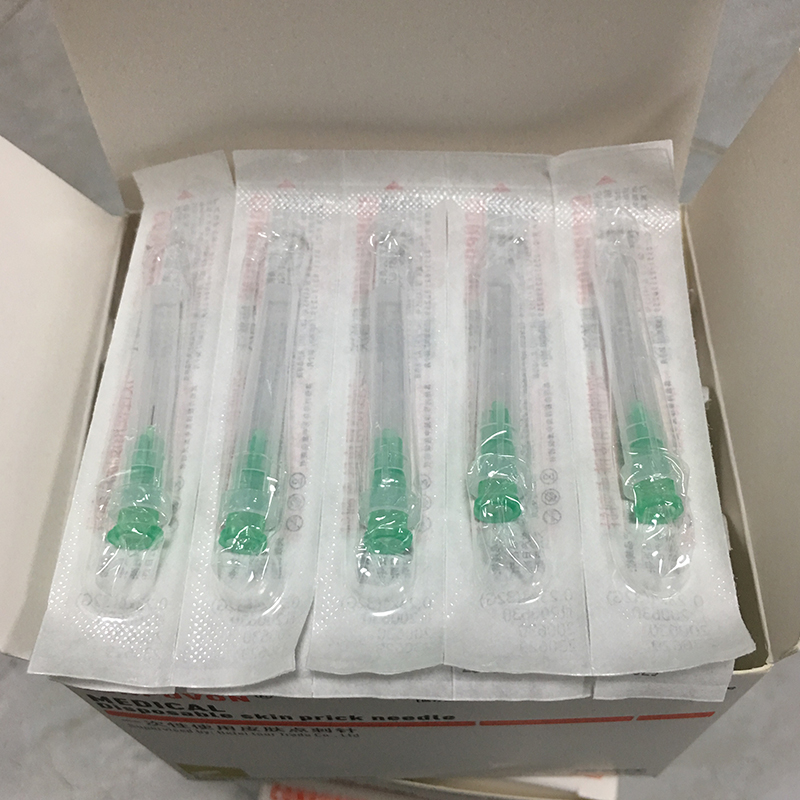
The process involves using ultra-fine needles to create micro-injuries to the tissue surrounding the clitoris. These micro-injuries trigger the body’s natural healing process, which can lead to increased blood flow, heightened sensitivity, and potentially improved sexual function. The procedure aims to stimulate the nerve endings and enhance the overall experience of pleasure. Many women report increased sensitivity after undergoing this treatment, resulting in a more fulfilling sexual experience.
Critics of clitoral needling often express concerns about the safety and efficacy of the procedure. As with any medical or aesthetic treatment, it is vital for patients to conduct thorough research and consult with qualified professionals before undergoing any procedures. It is essential to understand that individual experiences may vary greatly. What works wonders for one person may not be as effective for another. Additionally, practitioners must be aware of the anatomical structure of the clitoris and surrounding tissues to perform the procedure safely.
The Science Behind Clitoral Needling
How Does It Work?
To understand how clitoral needling operates, we must delve into the science behind it. The procedure involves the use of needles that create very small punctures in the skin. These tiny injuries set off the body’s natural healing response. The body begins to send more blood to the area, which can lead to improved sensitivity and increased arousal.
In scientific terms, clitoral needling prompts the release of growth factors and various healing agents within the body. These biological responses play a crucial role in regeneration and repair. With the enhanced blood flow and the creation of new cells, patients often experience greater sensitivity in the clitoris. Some studies suggest that improved sensitivity may allow for better sexual experiences, potentially reducing instances of sexual dysfunction.
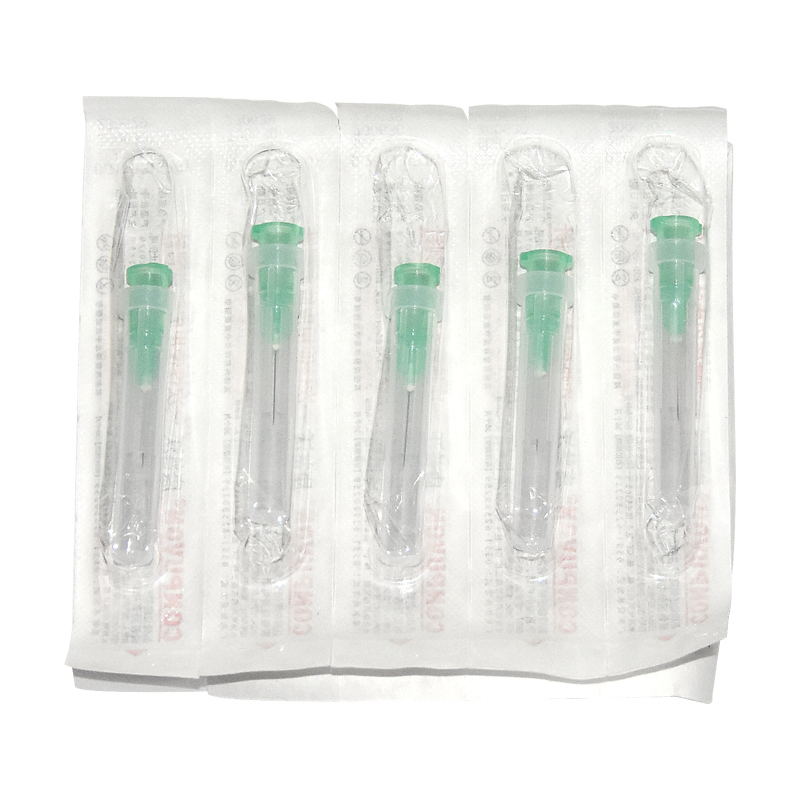
The procedure is somewhat akin to other microneedling techniques used in dermatology, where the goal is to stimulate collagen production and rejuvenate the skin. However, in this context, the focus is specifically on enhancing sexual pleasure. The expectation is that with increased blood flow and sensitivity in the clitoris, women may find it easier to achieve orgasm and enjoy a more satisfying sex life overall.
Nonetheless, it is crucial to approach clitoral needling with a balanced perspective. While the procedure shows potential benefits, more comprehensive clinical studies are necessary to fully understand its efficacy and safety. There are still many unknowns regarding long-term effects, suitable candidates for the procedure, and potential risks. Therefore, engaging in thorough research and consulting with healthcare providers can help individuals make informed decisions.
Are There Risks?
Like any medical procedure, clitoral needling carries risks. Notably, there is a chance of infection, bleeding, and discomfort, particularly if the procedure is not performed using sterile techniques and proper protocol. Infection is a significant concern since breaking the skin can introduce bacteria, leading to complications. Additionally, individuals with specific health conditions—such as bleeding disorders or skin sensitivities—may be at greater risk.
Patients should also consider the psychological aspects associated with undergoing clitoral needling. Some women may experience anxiety or fear related to the procedure itself or its outcomes. It is essential for healthcare providers to offer appropriate counseling and support before and after the procedure. Establishing a trusting relationship between practitioners and patients can enhance the experience and address any concerns that may arise.
Moreover, the results of clitoral needling can be unpredictable. While some may experience increased sensitivity and enhanced pleasure, others may not notice any significant changes. Such variations in outcomes can be due to individual differences in anatomy, arousal patterns, and hormonal levels, making it critical for practitioners to set realistic expectations.
In summary, while clitoral needling comes with promising benefits, it is not without its potential risks and limitations. Patients should be proactive in researching and discussing these aspects with qualified professionals. By understanding the possible implications associated with the procedure, individuals can make informed and confident choices.
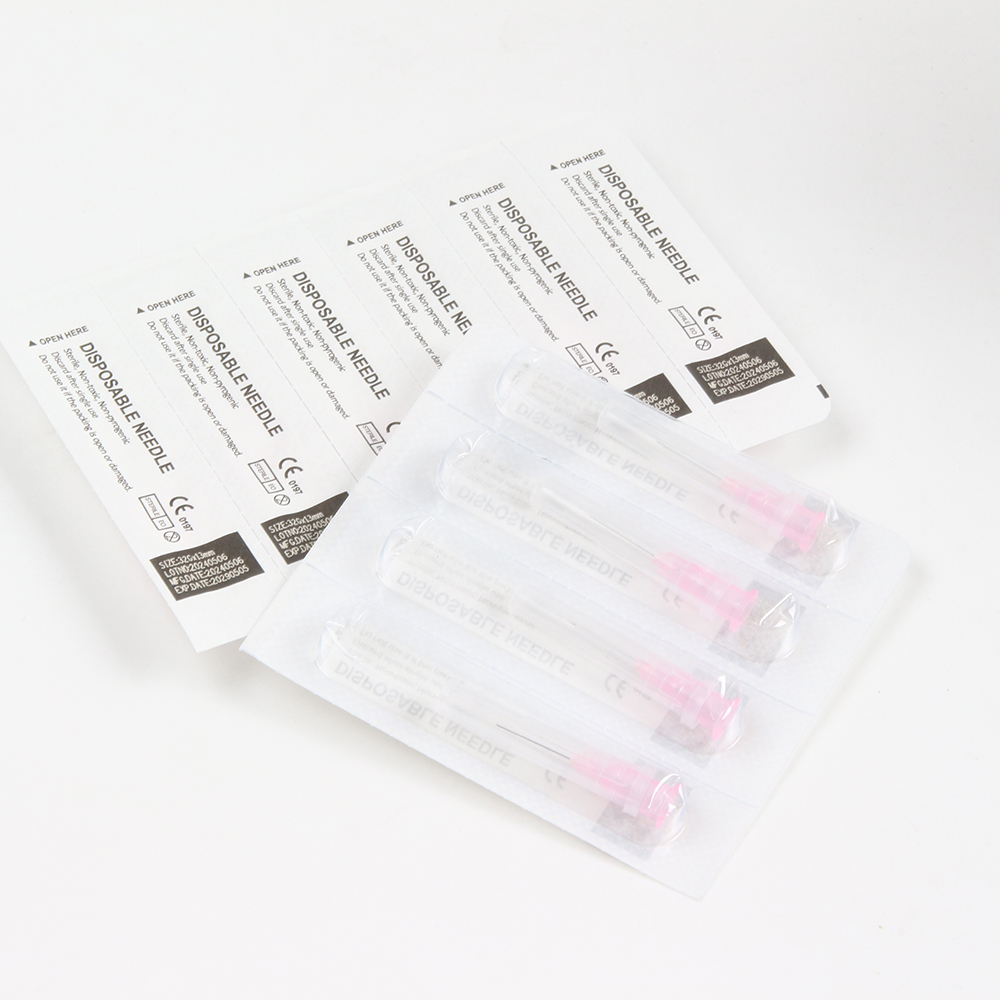
Who Should Consider Clitoral Needling?
Identifying Suitable Candidates
Clitoral needling may not be for everyone, and identifying suitable candidates is essential. Women experiencing decreased sensitivity, difficulties in achieving orgasm, or those seeking enhancement in sexual pleasure might benefit from this procedure. Many women report feeling unsatisfied in their sexual experiences, and it’s significant to address these concerns. While clitoral needling is not a panacea for all sexual dysfunction, it may provide relief and enhancement for some individuals.
Furthermore, those who have tried other methods without success may consider exploring clitoral needling as a potential alternative. Women often report seeking solutions that are minimally invasive compared to surgery or medications that may come with side effects. Clitoral needling offers a non-surgical option designed to increase sensitivity and promote sexual satisfaction, thus attracting interest from various demographics.
However, potential candidates should approach the procedure with caution. It is essential to consider personal health history and any underlying medical conditions. Those with skin issues, autoimmune disorders, or chronic health problems may need to discuss their conditions extensively with healthcare providers before proceeding. An open dialogue can help assess individual risk factors and determine the appropriateness of clitoral needling.
Consultation is Key
Before deciding whether clitoral needling is the right choice, consultation with a qualified healthcare professional is crucial. Practitioners can answer any questions and address concerns regarding the procedure. A thorough understanding of the individual’s health history and lifestyle can aid in making a more informed decision.
During the consultation, practitioners should evaluate the patient’s expectations and desired outcomes. Some individuals may hope for quick and easy results, while others may seek a more detailed approach to address their sexual wellness. Discerning these factors can help shape treatment plans that align with individual goals.
Ultimately, the decision to undergo clitoral needling should be based on comprehensive discussions with healthcare providers. Women who feel empowered and informed about their choices can navigate their sexual health journeys with greater confidence, setting realistic expectations for outcomes.
Aftercare and Recovery
Understanding Post-Procedure Care
After undergoing clitoral needling, appropriate aftercare is vital for ensuring optimal results and minimizing potential complications. Patients should follow their healthcare provider’s post-procedure instructions carefully. Typically, immediate aftercare may involve keeping the area clean and avoiding sexual activity for a specified period to allow the tissue to heal properly. Many practitioners recommend abstaining from intercourse for at least a week after the procedure.
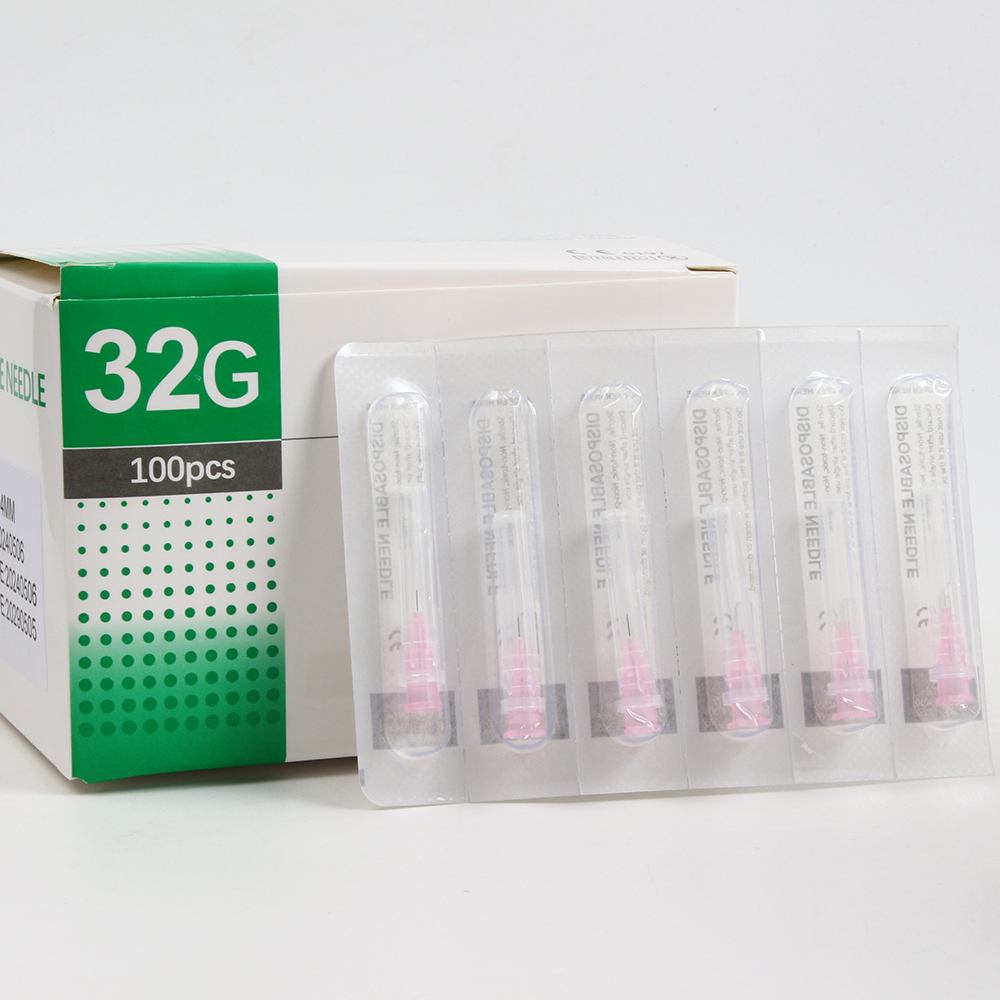
Patients might also experience slight discomfort or swelling in the days following the treatment. This is a natural response as the body begins to heal and adapt to the changes. Using cold compresses can help alleviate discomfort, and over-the-counter pain relief may be suggested by healthcare providers.
It’s also important for patients to monitor their bodies for any unusual symptoms. If they notice excessive bleeding, signs of infection, or prolonged discomfort, they should reach out to their healthcare provider immediately. Recognizing these signs early can significantly reduce the risk of complications.
Long-Term Outcomes and Follow-up
As the healing process progresses, patients should remain engaged with their healthcare providers for follow-up consultations. These appointments offer the opportunity to assess the results of the procedure, discuss any concerns, and determine whether additional treatments may be beneficial. Some individuals may find that they would like to undergo the procedure again after a certain period, while others may feel satisfied with the results.
Engaging in open discussions during follow-ups can help patients better understand the implications of the procedure on their overall sexual health. Practitioners may also provide insights into additional practices, such as pelvic floor exercises or sensual massage, that can enhance the positive effects of clitoral needling.
By maintaining a proactive approach regarding aftercare and follow-up, patients not only support their healing journey but also take ownership of their sexual wellness. This empowerment helps create a more holistic approach to enhancing sexual health, consisting of both physical and emotional aspects.
The Role of Education and Awareness
Destigmatizing Female Sexual Health
Education and awareness play a vital role in the world of female sexual health. Many women carry feelings of shame or stigma when discussing their sexual concerns. Creating an environment where women can openly discuss issues, such as decreased clitoral sensitivity, is essential to breaking down these barriers.
Clitoral needling is not a conversation often had in mainstream discussions about sexual health. Raising awareness about the procedure and its potential benefits can empower women to explore their options more freely. Additionally, spreading knowledge may lessen stigma, allowing more individuals to seek help without fear of judgment or misunderstanding.
Women should have access to accurate information about their bodies and the procedures that can enhance their sexual experiences. Reliable resources can help women feel more confident in making informed decisions about their sexual health. Furthermore, education can cultivate more informed discussions between patients and clinical practitioners, leading to improved care and better treatment outcomes.
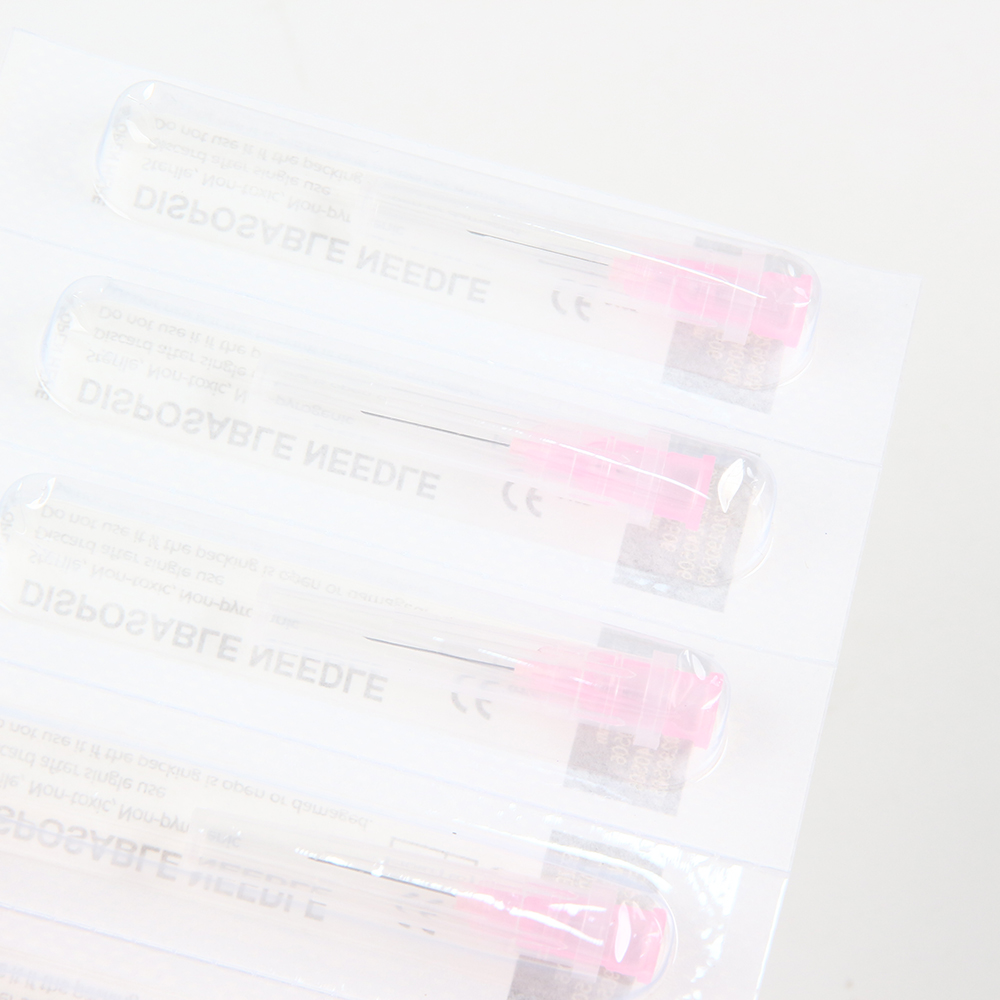
Advocacy in Healthcare
Advocacy plays a significant role in promoting female sexual health practices, such as clitoral needling. Patients should feel comfortable advocating for their needs, asking questions, and seeking out the information they require. Moreover, healthcare providers should actively support and engage in discussions around women’s sexual wellness, ensuring that procedures like clitoral needling are understood in a broader context.
Facilitating workshops, informational sessions, and patient education resources may improve access to information regarding clitoral health and well-being. Encouraging an open dialogue within healthcare settings can foster trust, allowing patients to discuss their concerns to find suitable solutions. It is essential for healthcare professionals to recognize the uniqueness of each individual’s experience and create a supportive environment where women can openly share their stories.
Conclusion: A Journey Towards Empowerment
Clitoral needling represents an innovative approach to enhancing female sexual health. While promising numerous potential benefits, it is important to approach this practice with informed caution and thorough exploration. Understanding its effects, risks, and long-term implications is essential to making confidence-inspiring decisions.
Women should feel empowered to explore their sexual health needs without fear or stigma. This procedure, in conjunction with open discussions, further education, and proactive healthcare practices, can promote healthier perspectives on female sexual well-being. Clitoral needling encourages individuals to redefine their enjoyment of sexual encounters, offering an avenue worth considering in their journey toward enhanced intimacy and satisfaction.
As discussions surrounding women’s sexual health continue to evolve, it remains essential to advocate for knowledge, understanding, and accessible resources that empower women to make informed choices. Embracing options like clitoral needling can mark a significant step toward fostering deeper understanding and appreciation for women’s bodies and their wants.